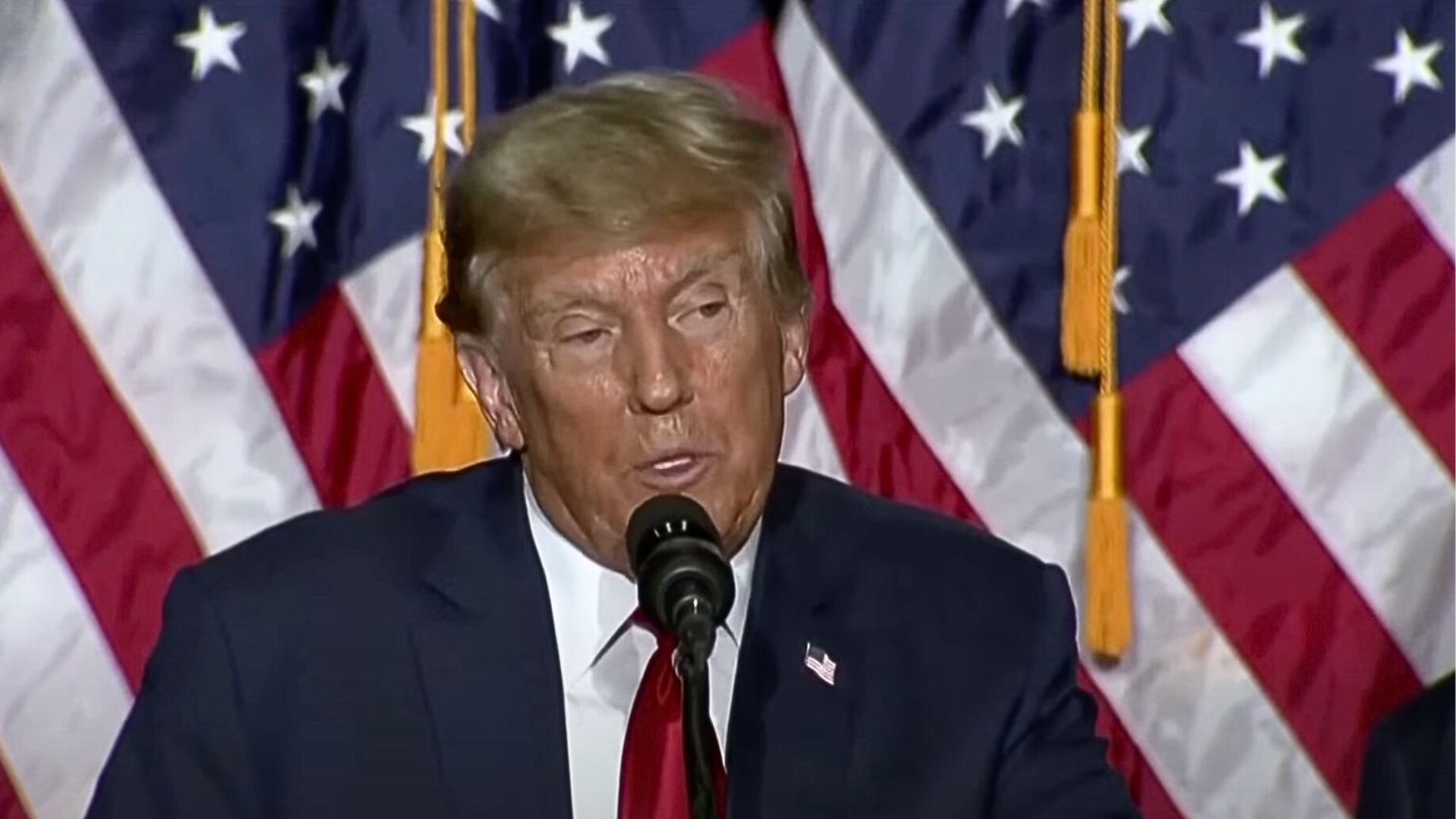Donald Trump, former president of the United States and a clear contender for returning to this role, has made it clear that the creation of a central bank digital currency (CBDC) within the US will not occur under his watch should he be elected back into office.
He considers such a move a potential infringement on citizens’ liberties, equating them to the government gaining total control of finances.
In a recent campaign speech held in Portsmouth, New Hampshire, Trump made his anti-CBDC stance abundantly clear. He vowed to disallow the development of a CBDC, fostering a narrative that any such state-backed digital currency would only enable the federal government to exert complete dominance over citizens’ monetary assets. This, to him, appears as a direct threat to freedom.
Once known for his opposition toward Bitcoin and others in the cryptocurrency ecosystem in the past, something he has now reversed his position on, Trump extended the same disapproval to CBDCs.
He vowed to nip any attempt at such a development in the bud if he earns the title of US President once again. “As your President, I will never allow the creation of a central bank digital currency. Such a currency will give a federal government, our federal government absolute control over your money,” President Trump said. “They could take your money, you won’t even know it’s gone.”
Trump’s sentiments strike a chord with the perspective of the current Governor of Florida, Ron DeSantis, a fellow presidential hopeful who also pledged to quash any developments toward a CBDC if he succeeds in the race. Similarly, Robert F. Kennedy Jr and Ron DeSantis, other contender for the top seat, echoed these sentiments back in July 2023.
CBDCs could potentially lead to a dystopian future, marked by a significant erosion of financial privacy and an unprecedented concentration of power. The ability of governments to track all financial transactions in real-time raises concerns about total surveillance and the potential for financial censorship. This level of oversight could allow authorities to block transactions, freeze accounts, or alter balances, undermining the concept of personal asset security.
Additionally, the shift to a CBDC-dominated system could eliminate the anonymity provided by cash transactions, leading to a society where anonymous spending is impossible. The implementation of social credit systems, where financial capabilities are tied to government-approved behavior, could further erode individual freedoms.
Meanwhile, other nations continue to not only explore but embrace the idea of sovereign digital currencies, indicating a divergent approach to the United States. The Bank of Russia even anticipates the wide adoption of its own CBDC, known as the digital ruble, by 2025. The commencement of their pilot is set for August 2023.



Ooooh! So that’s what his anneurism the other day was, when he said - paraphrasing - “Banks, the banks, your rights the banks! Electric cars.”